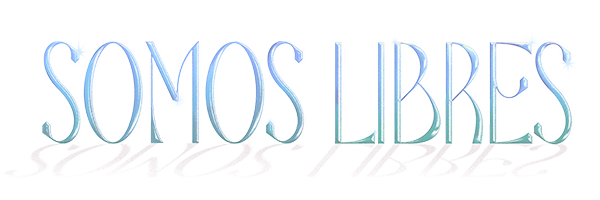The Word “Latinx” IS A Betrayal To Latinidad. That’s Exactly The Point.
Latinx is a betrayal. It’s an attack. It’s a butchering of Spanish. And that’s why I use it.
latinx and latine both come from feminist organizers and queer and trans organizers in latin america and i’ll never forgive the people who’ve completed erased the origins and credit white americans for why these words exist.
— Loni (They/Them) (@jaowrites) August 5, 2021
Disrespectfully, I am not no one. My loved ones are not no one. Trans people are not no one. Black people are not no one. Indigenous people are not no one.








